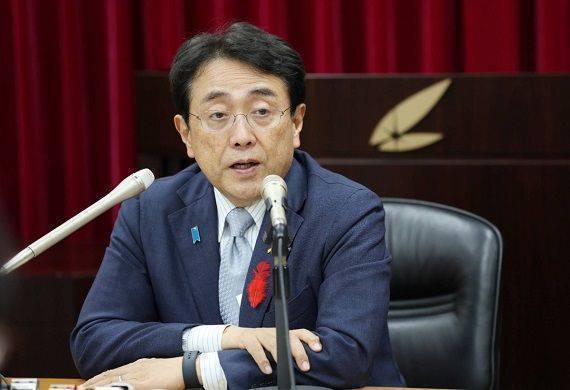U.S. Pledges to Fix Tariff Oversight with Japan, Easing Trade Tensions
By Global Leaders Insights Team | Aug 08, 2025

The United States has agreed to correct a mistake in a trade policy that was causing headaches for Japan, promising to fix overlapping tariffs on Japanese goods.
Japan’s trade minister, Ryosei Akazawa, called the oversight “unfortunate” after meeting with U.S. Commerce Secretary Howard Lutnick and Treasury Secretary Scott Bessent in Washington. The talks focused on a July 31 executive order that accidentally left Japan out of a deal to prevent double tariffs, which was already in place for the European Union.
U.S. officials assured Akazawa they’ll update the order to include Japan and refund any extra tariffs already paid. They also confirmed that President Donald Trump will issue a new order cutting auto tariffs from 27.5% to 15%, matching the terms of a major U.S.-Japan trade deal signed last month.
- U.S. to Fix Tariff Glitch with Japan, Cut Auto Tariffs to 15%
- Washington, Tokyo Resolve Double Tariff Issue in Boost to Trade Ties
- Japan Secures Lower Auto Tariffs and Refunds in New U.S. Trade Deal
That agreement, which includes $550 billion in Japanese investments in the U.S., is a big step toward smoother trade relations between the two nations.
The news has lifted spirits in Japan’s markets, with the Topix stock index climbing past 3,000 points, thanks to clearer trade rules and strong company profits. Japanese automakers, which make up a huge chunk of the $150 billion in goods Japan sends to the U.S. each year, will especially benefit from the lower auto tariffs. The deal also gives Japan favorable tariff rates on key exports like chips and pharmaceuticals compared to other U.S. trade partners.
Also Read: South African President Talks with Putin About Ukraine and Ties Between Their Countries
Still, things aren’t all rosy. Prime Minister Shigeru Ishiba’s government is under pressure at home after his party lost its upper house majority. Rising inflation and living costs are weighing on Japanese families, and while the tariff fix helps, it might not be enough to boost Ishiba’s popularity. Economists point out that the 15% tariff, though better than before, is still higher than pre-2025 rates. As global trade talks continue, Japan’s economic future hangs in the balance.
.jpg)



